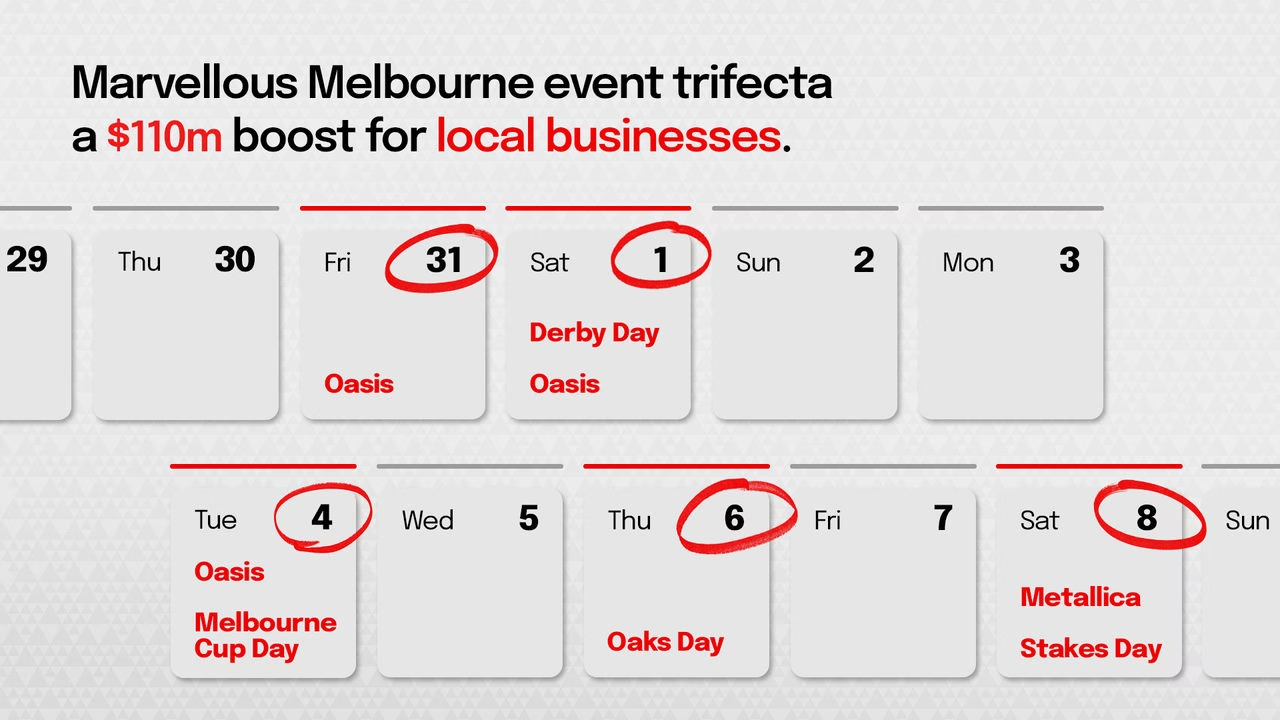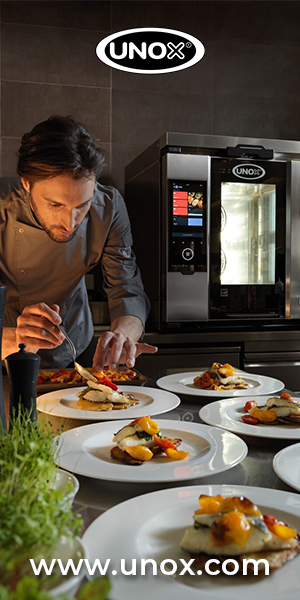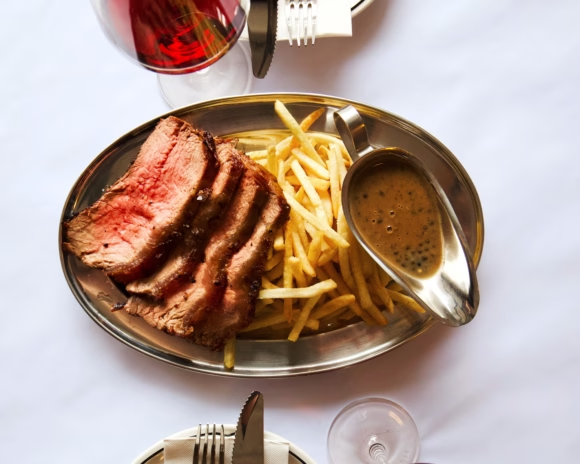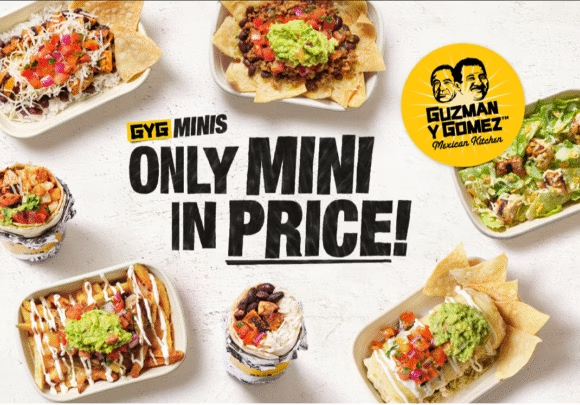Melbourne restaurants and hospitality operators are bracing for their biggest revenue week in a decade as a rare convergence of major events is set to inject $110 million directly into the city’s economy.
The entertainment trifecta—British legends Oasis kicking off their Australian tour with three concerts starting 31 October, the four-day Melbourne Cup carnival, and metal icons Metallica’s sole Melbourne performance on 8 November—will draw more than 100,000 visitors on peak days, according to analysis from National Australia Bank (NAB).
NAB’s merchant terminal data forecasts total spending in Melbourne will surge to over $270 million during the event period, representing a 70% increase over a typical week’s $160 million baseline.
“Events are part of Melbourne’s DNA, but three major events in just over a week are extraordinary and will supercharge business activity,” said Julie Rynski, NAB Executive Business Metro & Specialised. “The iconic Cup carnival and world-class concerts aren’t just cultural highlights—they’re economic powerhouses.”
Extended trading, expanded staffing
For hospitality operators, the compressed timeline means careful logistics planning. Dean Grant, founder and CEO of Urban Alley Brewery, whose Docklands location sits near Marvel Stadium where both concert series will take place, said his team began preparations as soon as the event overlap became clear.
“As soon as we realised there were so many major events happening back-to-back, we got organised to ensure we had the right team in place and our suppliers well covered us on the food and beverage front,” said Grant, whose brewery recently opened a $7 million brewpub at Chadstone shopping centre.
The independent craft brewery is anticipating all-day traffic. “We’re anticipating being busy from mid-morning right through to closing as people make a day of it and soak up the atmosphere,” Grant noted, comparing the expected impact to previous major concert events featuring Taylor Swift and Harry Styles.
Ripple effects beyond front of house
The economic boost extends well beyond restaurant receipts. Rynski emphasised that the surge creates multiplier effects throughout the hospitality supply chain.
“We’ll also see flow-on benefits—more shifts for casual staff, more orders for suppliers and a boost in confidence across the sector,” she said.
With daylight saving time just launched, the timing aligns with what Grant called “the unofficial start of summer,” when Australians traditionally increase their dining out and entertainment spending.
The event cluster adds to Melbourne’s already impressive 2024 events calendar, which has included the Australian Open, AFL finals series, and Formula 1 Grand Prix—collectively contributing more than $1 billion to Victoria’s economy this year.
NAB’s analysis focuses on Melbourne’s CBD, Docklands, Kensington and Flemington areas, where the concentration of restaurants, bars and hotels will capture the bulk of event-related spending. All four Oasis and Metallica concerts at Marvel Stadium are sold out.







